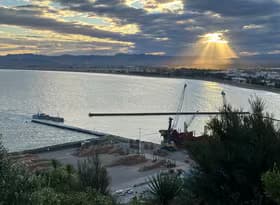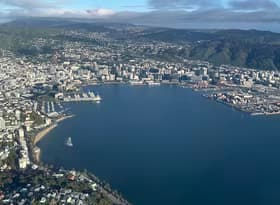Media Release: Regional economies bouncing back, but not everywhere is going so well
The New Zealand economy continues to chart a more optimistic and upbeat path, as restrictions on economic and social activity remains lower than almost anywhere globally. The latest Infometrics Quarterly Economic Monitor shows regional economic activity in the December quarter continue to improve, although the hit to different areas is become starker, with tourism-related industries still feeling a much harder hit than other sectors.
“Regional economies are pressing ahead, with rising job numbers, robust spending activity, and higher building levels all helping to accelerate economic momentum” says Infometrics Senior Economist and Director Brad Olsen. “But not all parts of the economy are back to normal or seeing booming activity, with the loss of international tourism being keenly felt in some areas”.
Hawke’s Bay and Gisborne regions surged ahead, with activity rising 3.7%pa in the December quarter according to provisional estimates from Infometrics, compared to a 0.2%pa national rise. “Strong primary sector activity has supported economic activity in the eastern North Island, with fruit exports performing particularly strongly.”
“Otago region continues to be hard-hit by the loss of international tourism, with the peak summer season expected to be a tough period as borders remain closed.” Tourism spending fell 23%pa in Otago, a harder hit than the 16%pa fall nationally. Border reopenings remain a way off, although vaccination programmes are providing optimism for the future.
Domestic tourism has bolstered economic activity in some regions, with New Zealanders still travelling around, with a focus on drive-based rather than flight-based destinations. “Northland region has been a key area of focus, with tourism spending rising 1.0%pa, making Northland the best performing regional area for tourism in the 2020 calendar year.”
With the New Zealand economy continuing to regain momentum, the differences in regional economic outcomes are becoming clearer to see. “It’s important that we don’t lose sight of the upbeat outlook for the economy, but equally it’s critical to remember the challenges some areas are facing” says Mr Olsen.
ENDS














